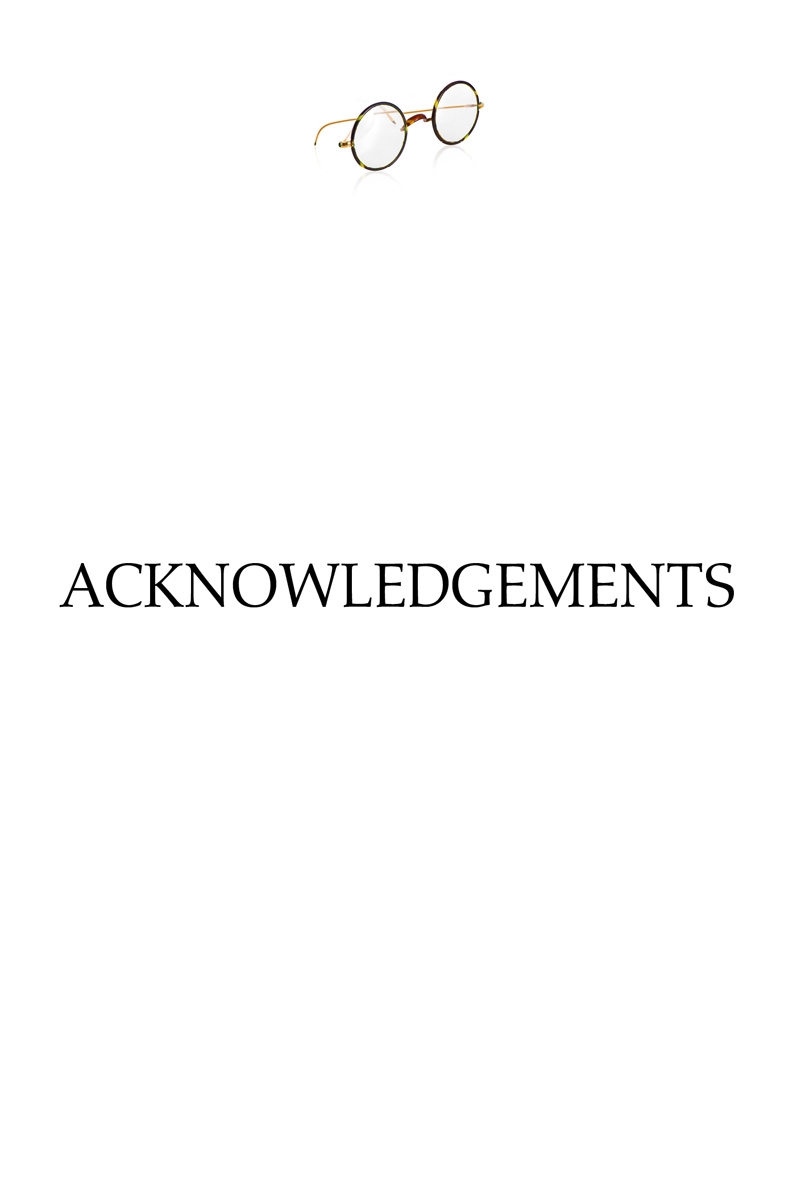Harry Truman (74 page)
Authors: Margaret Truman
Tags: #Biography & Autobiography/Presidents & Heads of State

When his grandsons started wearing their hair long, Dad swallowed hard and tried to accept it. But long hair was definitely not one of his preferred styles. The first time he saw a sample of it, he did not hesitate to express his opinion. A very friendly young man with shoulder-length blond locks greeted him during one of his walks in Independence. “Good morning, Mr. President,” he said.
“Good morning, young man,” said Dad without even breaking stride, “you’d look a lot better if you went to a barber.”
After he left the White House, Dad made it a rule not to criticize the foreign policy of any of his successors. He was convinced a bipartisan foreign policy is essential to the safety and security of the United States. Once foreign policy is flung into the political arena, the very future of the nation is threatened. Moreover, most of the critics cannot begin to match the President’s knowledge of the foreign situation or his global view of the vital interests of the United States. This does not mean Dad lacked strong opinions on the subject. He simply refused to voice them in public. He had equally strong opinions on the performances of the Presidents who succeeded him, but he was reluctant to air them, too, for a different reason. He felt more time must pass before anyone, even an ex-President, could evaluate the performance of a man in the White House.
He remained serenely indifferent to opinions about his own White House days. He was, of course, pleased when he heard that one historian or another, or a group of historians, rated him as one of the eight or nine greatest Presidents in our history. He was unbothered, and even amused, by revisionist historians who attempted to paint him as the villain in the cold war. He was confident, however, that with the passage of time, a genuine perspective would produce a favorable verdict.
At eighty-eight, Dad remained intensely interested in what was happening in the nation. He read at least two papers a day and was ready and willing to talk politics with anyone who would listen - but not reporters. “The old mind isn’t as quick at eighty-eight as it was at sixty,” he said with his familiar grin. He was finally protected from intrusion by the Secret Service. After President Kennedy’s assassination, Congress passed a law providing Secret Service protection for both presidential candidates and ex-Presidents. This was a tremendous help to Dad, because curiosity seekers and screwballs still showed up at the house, and people in their eighties, vigorous as he and Mother were, simply could not - and should not - cope with such problems.
I asked Dad if he wanted to say anything special, to close this book. He thought for a moment and said if he had to select one statement to sum up his life in politics, he would choose a speech he made in North Carolina during the 1948 campaign.
It was the only time we invaded the South during those tumultuous weeks. Stirred by the setting, Dad spoke from his heart. He discussed three Southerners who became Presidents of the United States - Andrew Jackson, James K. Polk, and Andrew Johnson. All of them, Dad said, “lived through days when reason was overcome by emotion,” and because of this “their acts were misunderstood and misinterpreted. So it is not surprising that the estimates of these men made by their contemporaries have been almost discarded by later generations.”
But the thing that made the lives of these Presidents most meaningful to him was the way their policies had aroused the wrath of some sincere and honest men. That, Dad said, was “a serious thing. A President may dismiss the abuse of scoundrels, but to be denounced by honest men, honestly outraged, is a test of greatness that none but the strongest men survive.”
There was, he concluded, only one lesson to be drawn from the story of these three Presidents: “Do your duty and history will do you justice.”
In this book, I have tried to show how a strong man, whom I happen to love very much, did his duty. I am confident that history will do him justice.

I WOULD LIKE to take this opportunity to thank the staff of the Truman Library, and, in particular, the director, Benedict K. Zobrist, for their cheerful and repeated assistance. Rose Conway, who served my father so well as his secretary during the White House years, has been equally helpful in guiding me through his voluminous personal files. I would also like to thank ex-members of the Truman White House staff, in particular George Elsey, Charles Murphy, Donald Dawson, Clark Clifford, Major General Harry Vaughan, and Matt Connelly, for sharing their recollections of the Truman years with me. Others to whom I owe debts of gratitude are James Farley, who shared some hitherto unrevealed recollections of the Roosevelt years with me, and John Snyder, my father’s Secretary of the Treasury as well as one of our closest family friends. The staff of the Roosevelt Library gathered together on microfilm a number of documents from the 1930s and early 1940s which shed new light on my father’s career. Finally, I must especially thank historian Thomas Fleming for his invaluable advice and help in researching and organizing this book.

Published by New Word City LLC, 2015
www.NewWordCity.com
© Margaret Truman
All rights reserved. No part of this book may be reproduced, in any form or by any means, without permission in writing from the publisher.
ISBM 978-1-61230-859-3